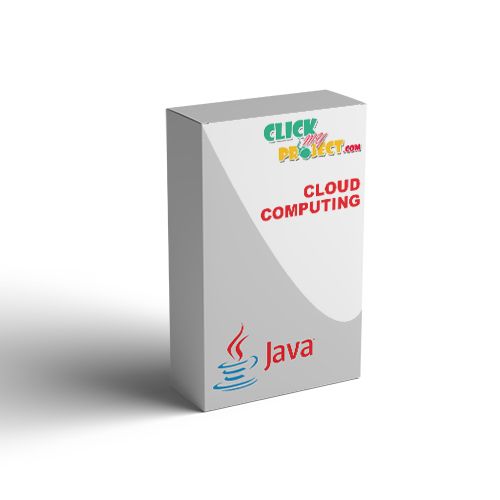Using Virtual Machine Allocation Policies to Defend against Co resident Attacks in Cloud Computing
US$40.86
10000 in stock
SupportDescription
The emergence of cloud computing has fundamentally changed the deployment and usage of information technologies. Multi-tenant cloud, which usually leases computing resources to tenants in the form of virtual machines (VMs), have been adopted in various usage scenarios such as application hosting, content delivering, e-commerce and web hosting. The approach of consolidating resources using virtualization allows the cloud infrastructure providers to achieve optimal resource utilization while maintaining adequate isolation. However, providing virtual isolation (i.e., VM) other than physical isolation may also have some security implications. For example, co-locating VMs on the same platform may lead to implicit resource sharing (e.g., cache) among co-located VMs, which introduces opportunities of security interference. Previous researchers have demonstrated the applicability of using various side-channel attacks to extract information such as physical location and workload information. While the services-based model of cloud computing makes more and more IT resources available to a wider range of customers, the massive amount of data in cloud platforms is becoming a target for malicious users. In this project, the system uses Virtual Machine Allocation Policies to the security problem of the co-resident attack.






